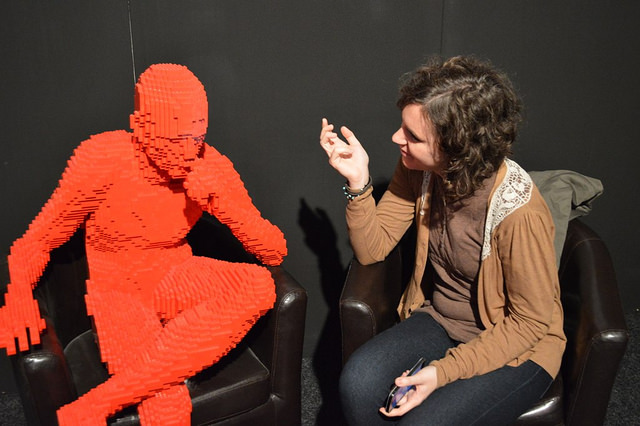
Many writers begin developing characters by creating character profiles, which identify physical traits and simple backstory. But oftentimes the real questions go unanswered until the writer is deep in the manuscript—making the editing process much more involved than it needs to be.
Before you ever start writing, take some time to really get to know your characters.
First, ask them these three big questions:
1. What do you want?
Motivation. This is what drives your character (and if we’re talking about the protagonist, the plot). This is the most important question you need to ask each character. Understand what he or she wants overall and during each individual scene. You may need to fill fifty pages with notes before you’re able to sufficiently answer this question, but when you can boil it down to one brief sentence, writing that character will come much more naturally.
2. Why do you want that?
Headcanon. This is where the fifty pages of notes come into play. Yes, you have to know what your character wants, but you also have to know why. What events in his or her life drive those desires? What personality traits or experiences? This isn’t something you’ll be able to answer in one sentence, but that doesn’t make it any less important. Understanding the story behind the motivation will give your character a sense of depth.
3. What is stopping you from getting it?
Conflict. Plots are simple. A character wants something. An obstacle prevents him or her from obtaining it. Of course plots can be much more nuanced than that, especially when you have the entire cast of characters, each with different motivations and obstacles working with and against each other. But when you break it down, those are two most important things to have. Motivation. Obstacle. The obstacle can be another character (an antagonist, with motivations and obstacles of his or her own). It can be an internal, emotional or moral obstacle. It can be a physical, literal obstacle. Just make sure it’s present, and make sure you identify it.
You’ve asked the big three. Now take a moment to ask more detailed questions of your characters:
- Who do you love?
- What are you afraid of?
- What would you do for a living if you could do anything?
- What superpower would you have?
- Where do you feel most at home?
- Do you have any disabilities?
- Have you ever been hospitalized?
- What makes you laugh?
A great method is to interview your characters. Either sit down with a pad and pen or record yourself speaking. Ask your characters questions, and let them answer! As you get deeper into the interview, treat it just like you were interviewing a real person. If your character’s answer triggers another question, roll with it. You want to know your character as well as you know yourself.
Obviously, these questions are very important to ask your protagonist and antagonist, but don’t neglect your minor characters. Having a deep understanding of your entire cast of characters will make your story feel real and help it leap off the page.
Photo by Matt Brown



